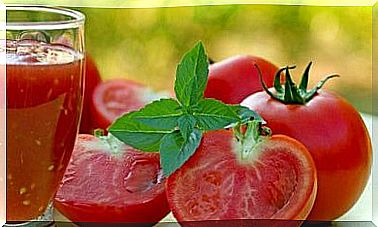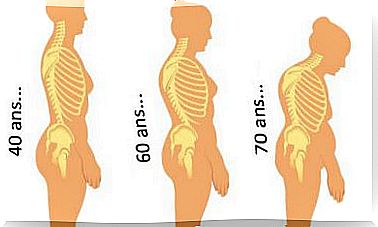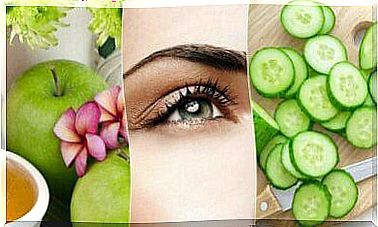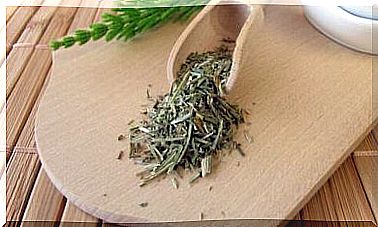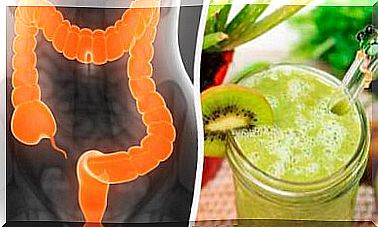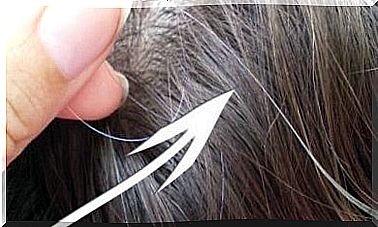Plastic Pollution: How Does It Affect Our Health?
The problem of plastics is spreading with human society. However, many animal species have been shown to have microplastics in their digestive tract. In addition, the effects on humans and their health are already noticeable.
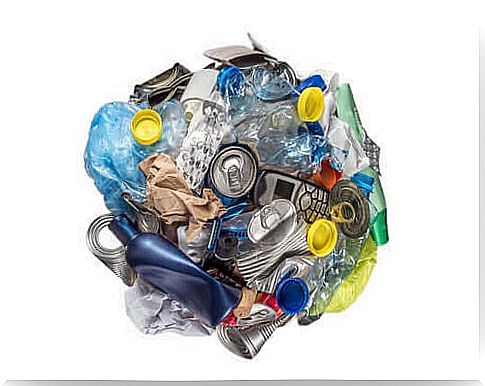
Plastic pollution is becoming one of the major problems in human society. It is a material that we use the most in industry, especially the food industry. However, nowadays, we still ignore its effects.
Plastic follows a “life cycle”. In other words, a set of stages through which it passes throughout its existence. This process has four phases:
- Extraction of materials.
- Transport.
- Manufacturing and refining.
- Use and management of waste.
Currently, we are studying the effects of plastic pollution in each of these phases. It is already possible to assert that it has a multitude of harmful effects on human health. It is no longer just a simple environmental issue.
Therefore, today we want to explain to you the effects of plastic pollution on your health, because we are all exposed to it. It seems necessary to us to become aware of this in order to rethink a more socially responsible use of this material.
How does plastic pollution affect health?
Contamination by plastics is being studied to determine the extent of its effects on the body. Nevertheless, it is already known that microplastics produce damage in many living things such as fish.
Microplastics are particles that are less than 5 millimeters in diameter. They are the result of the fragmentation of larger plastics which, becoming smaller and smaller, invade the whole environment. Especially water.
Indeed, a large part of plastic waste ends up in the sea. Scientists have shown that in more than 100 aquatic species, we find microplastics in their digestive tract. In other words, marine fauna is already heavily contaminated.
The major problem is that many of these species are part of our diet. On the other hand, this plastic pollution also makes animals sick. For example, it is very common to find turtles with intestinal obstruction because of these plastics.
Over time, these microplastics probably get even smaller. Thus, these particles could manage to enter our tissues and have a toxic action. In reality, this is only a hypothesis, but experimental models prove its real possibility in human beings.
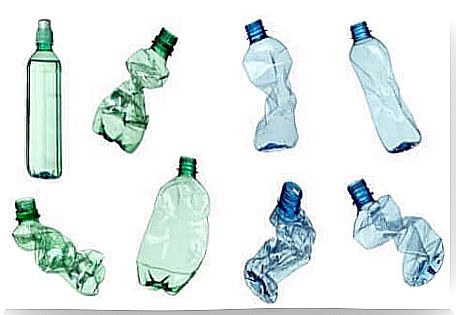
Chemical pollution
Plastic pollution isn’t just about bowel problems caused by obstructions, it goes way beyond. In fact, plastics cause the adhesion of other pollutants which remain on the surface of seas and rivers.
This is the case, for example, with polycyclic aromatic hydrocarbons. Therefore, the toxicity of these substances increases as they are able to stay on longer.
Plastic pollution and the phases of its cycle
As we just mentioned, plastic follows a “life cycle”. In each of its phases, it is likely to affect health in one way or another.
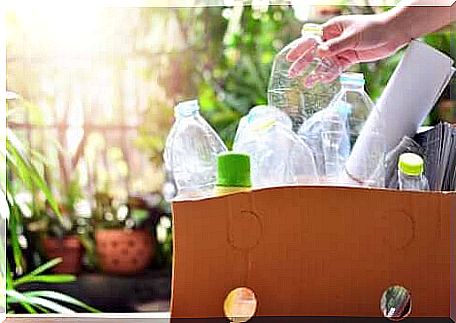
First of all, during the extraction and transport phase, many chemical emissions are produced. These substances, such as benzene, can affect our immune system. They also appear to have carcinogenic and toxic potential for the nervous system, among other effects. The same goes for refining and manufacturing.
In addition, the phases of use and waste management are the most important. Virtually everyone is exposed to the effects of plastic and comes in daily contact with many products that contain it.
This is because, as we stated earlier, poor waste management ultimately causes us to ingest the same plastic that we throw away. It is therefore fundamental to be aware of the problem and to use it responsibly.
Conclusion
Plastic is present in our daily lives. It seems difficult to eliminate it completely. However, we need to be able to rationalize it and reuse it properly. Socially responsible use is necessary in order not to get sick from our own waste.
Wildlife has suffered from the effects of plastic pollution for a long time. And it may be that human hope unfortunately follows the same path. It’s up to us to work to stop the process!

